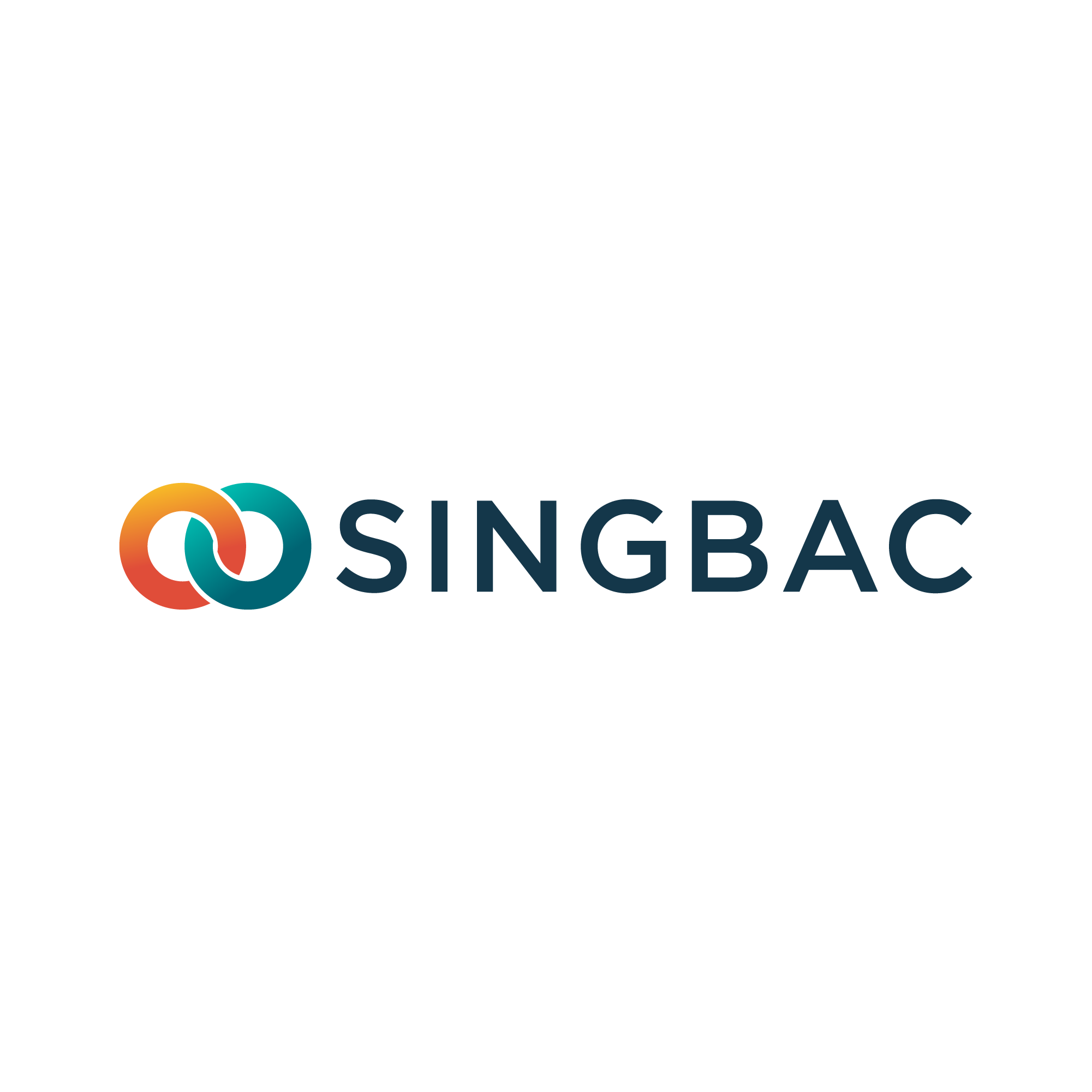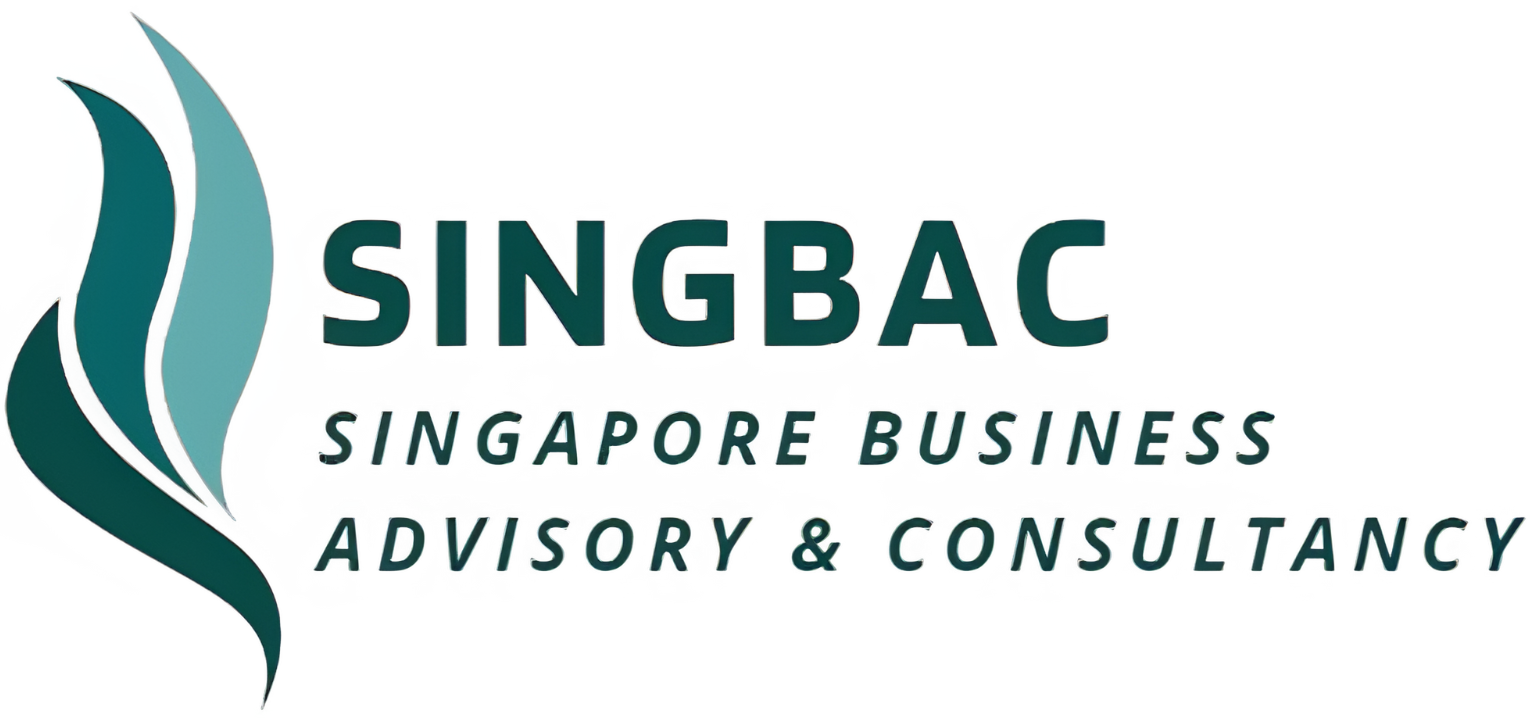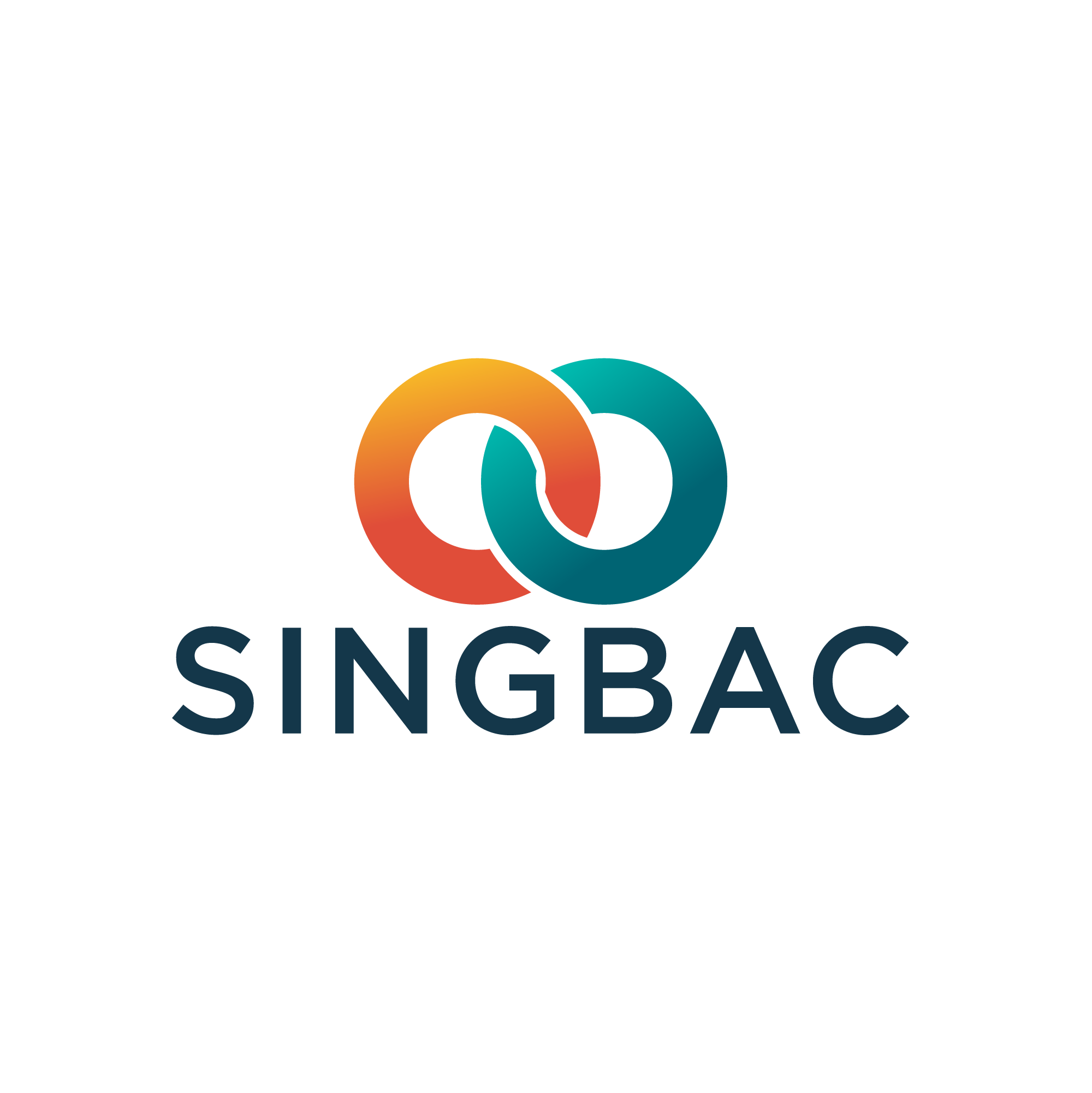Registering a company in Singapore requires submission through ACRA (Accounting and Corporate Regulatory Authority), the government body that oversees business registration and corporate compliance.
Foreign entrepreneurs can own 100% of a Singapore company, either as an individual or using another foreign entity. However, they cannot register directly through ACRA online portal, known as Bizfile, a one-stop digital service portal.
Since Bizfile requires SingPass authentication, which is only available to Singapore residents and citizens, foreign business owners must engage a registered Corporate Service Provider (CSP) to handle the incorporation process on their behalf.
These registered filing agents submit all necessary documentation to ACRA and ensure compliance with Singapore’s regulatory requirements. The entire process takes 2-3 working days.
This article is for solopreneurs, entrepreneurs, and foreign business owners starting or expanding their business in Singapore.
Setup Requirements for Foreign Business Owners
Foreign business owners must be at least 18 years old to serve as company directors or shareholders.
Every Singapore company requires a local resident director, also known as a nominee director, who handles compliance matters while you maintain operational control.
This director must be a Singapore citizen or permanent resident, at least 18 years old, with legal capacity to fulfill the responsibilities associated with the role. This requirement is stipulated by the Companies Act.
Additionally, you must appoint a company secretary who serves as an officer of the company and acts as liaison between the company and relevant government authorities.
Note: The Corporate Service Provider (CSP) can appoint a nominee director for your company, but only if the appointment is arranged through a registered CSP. The CSP must ensure the nominee director meets specific criteria and is deemed “fit and proper”.
1. Choose Your Business Structure
When you register a company in Singapore with ACRA, you must first determine the appropriate business structure for your operations.
The choice of entity type affects your legal obligations, tax treatment, and operational flexibility.
Foreign business owners have several structures available, each with distinct characteristics and requirements.
Private Limited Company (Pte Ltd)
Best for foreign entrepreneurs. Offers limited liability, tax benefits, and easier access to banking and investment. Allows 1-50 shareholders and requires at least one local resident director.
Sole Proprietorship
A business owned by a single individual with unlimited personal liability for all debts and losses. Not suitable for most foreign businesses due to lack of separate legal identity and personal tax implications on business profits.
Limited Liability Partnership (LLP)
Combines partnership flexibility with limited liability protection. Suitable for professional services firms, though partners pay personal income tax (0%-22%) on LLP income. May not suit all foreign entrepreneurs due to complex regulatory requirements.
The Private Limited (Pte Ltd) Company stands out as the best choice for most foreign business owners.
This structure provides the flexibility to scale your business and establishes professional credibility with clients, investors, and banks. You will also benefit from favorable tax treatment and certain access to funding opportunities.
2. Choose Company Name and Business Activity
Your company name cannot duplicate existing names or contain prohibited words. Some names require approval from relevant authorities, which extends processing time to 14-60 days.
When applying for your company name, you must select primary and secondary business activities using Singapore Standard Industrial Classification (SSIC) codes.
You can register up to two different business activities per company.
Research whether your business activities require additional licenses or permits through the GoBusiness portal before starting operations.
3. Engage a Registered Corporate Service Provider (CSP)
Foreign business owners must work with a Corporate Service Provider (CSP).
The Corporate Service Providers Act (CSP Act) 2024, effective 9 June 2025, requires all businesses providing corporate services in Singapore to register with ACRA as licensed CSPs. This regulation maintains professional standards across the industry.
Singbac operates as a registered CSP specializing in foreign entrepreneur services. We handle the complete registration process through ACRA’s systems and provide ongoing compliance support.
For standard company structures, appointing Singbac offers significant cost savings compared to law and accountant firms, which are typically reserved for complex setups required by multinational corporations or family offices.
Our clients can reach us directly through WhatsApp or schedule consultation calls for personalized assistance from our team rather than automated responses.
Required Services

To register a company in Singapore, foreign business owners must be aware of these mandatory requirements for establishing your private limited company.
Company Incorporation Fee
Government fee paid to ACRA for company registration by your appointed corporate service provider.
Corporate Secretarial Services
Companies in Singapore must appoint a corporate secretary to file annual returns and maintain statutory records. Fee varies based on company structure and number of shareholders, and may include or exclude the government-mandated filing fee.
Nominee Director Services
When foreigners register a company in Singapore, 1 local resident director, commonly known as a nominee director, is required.
This nominee director does not hold shares and is not involved in the day-to-day operations of your company. Most often, this role is provided by the CSP.
The nominee director bears responsibility for all compliance-related matters in your company. Hence, CSPs may collect a security deposit to provide this service or require you to take up one of their tax and accounting packages.
At Singbac, however, we offer attractive pricing and no hidden requirements for this service.
Also Read: What is a Nominee Director and Does Your Company Need One?
Local Registered Office Address
A registered office address serves as the official location where all company communications and notices are sent, and where the company’s registers and records are maintained.
The address must be operational and accessible to the public during normal office hours, and cannot be a virtual or PO Box address.
CSPs typically provide this service with digital mailroom capabilities, where any mail received is scanned and forwarded to your email address for convenient viewing.
If you have or plan to establish a physical office or set up one from a co-working space in Singapore, you can use that address as your registered office instead.
For companies without a physical Singapore presence, Singbac provides competitive rates for local registered address services.
Also Read: Virtual Office Address vs Co-working Space in Singapore: What’s Best for Your Business?
Tax and Accounting
Singapore companies must prepare annual financial statements and maintain proper books. Mandatory services include bookkeeping and preparation of unaudited financial statements.
Additional services like XBRL reporting, GST registration and quarterly filing, payroll services, and audit services may be required depending on your revenue, company structure, and business activities.
Companies must submit financial statements (balance sheet, income statement, and cash flow statement) to ACRA by stipulated deadlines, along with annual corporate income tax returns to IRAS. Singapore’s corporate tax rate is 17%.
Non-compliance with these statutory requirements can result in enforcement actions against company officers.
The Inland Revenue Authority of Singapore (IRAS) manages corporate income tax assessment and collection.
Singbac provides a range of accounting services to assist with these ongoing statutory requirements. From your second year onwards, we serve as your one-stop solution for maintaining compliance with Singapore’s regulatory obligations.
4. Open a Corporate Bank Account

After registering your company in Singapore, you must open a corporate bank account. ACRA requires this to separate business and personal finances, manage your finances properly, and meet tax obligations.
There are 2 types of corporate banking: traditional banks and digital banks, each with different advantages.
Traditional Banks
Traditional banks need more paperwork and take longer to process (3-4 weeks), but they offer complete banking services and strong reputations. Some banks require you to visit their branch in person.
Digital Banks (also known as Neo banks)
Digital banks process applications much faster (7 to 15 working days) and work entirely online, so no branch visits are needed. However, they offer fewer services than traditional banks.
Most banks have similar basic requirements:
- Business Profile from ACRA
- Passport and proof of address (within last 3 months) from all directors and shareholders
- CV/LinkedIn Profile of key directors
- Company website (optional, but helpful)
Banks also want proof of business activities like invoices, contracts, or business licenses. Reference letters from other banks or professional services help build your credibility.
Foreigners living outside Singapore can apply remotely through their CSP. The bank representative will guide you through the process, though requirements vary by bank.
Some need directors to meet representatives at overseas branches, while others now offer video calls for verification. A few may still ask you to visit Singapore for final verification.
Singbac works with selected banking partners and can help facilitate your account opening process.
Also Read: Your Checklist to Open a Corporate Bank Account in Singapore
Starting Your Company Registration in Singapore
Understanding how to register a company in Singapore as a foreign business owner comes down to these 4 steps outlined above.
Starting a new company in Singapore or expanding from your current location becomes simple when you work with Singbac. We handle the entire incorporation process and your ongoing compliance needs.
You can register your company and run it remotely from your home country. There’s no need to travel – as your registered filing agent, Singbac takes care of everything and keeps you informed throughout the process.
Ready to get started? Reach out to us on WhatsApp +65 8803 1992 or book a consultation call to discuss your business needs.
Frequently Asked Questions
- Can I own 100% of a Singapore company as a foreigner?
Yes, foreign entrepreneurs can own 100% of a Singapore private limited company, either as an individual or through another foreign entity.
2. How long does it take to register a company in Singapore?
The registration process takes 2-3 working days once all documents are submitted to ACRA through your corporate service provider.
3. Do I need to visit Singapore to register my company?
No, you can register your company remotely from your home country. A registered corporate service provider like Singbac handles the entire process for you.
4. Is a local director required for my Singapore company?
Yes, every Singapore company must have at least one local resident director. This is also known as a nominee director provided by your corporate service provider who handles compliance matters while you maintain operational control.



